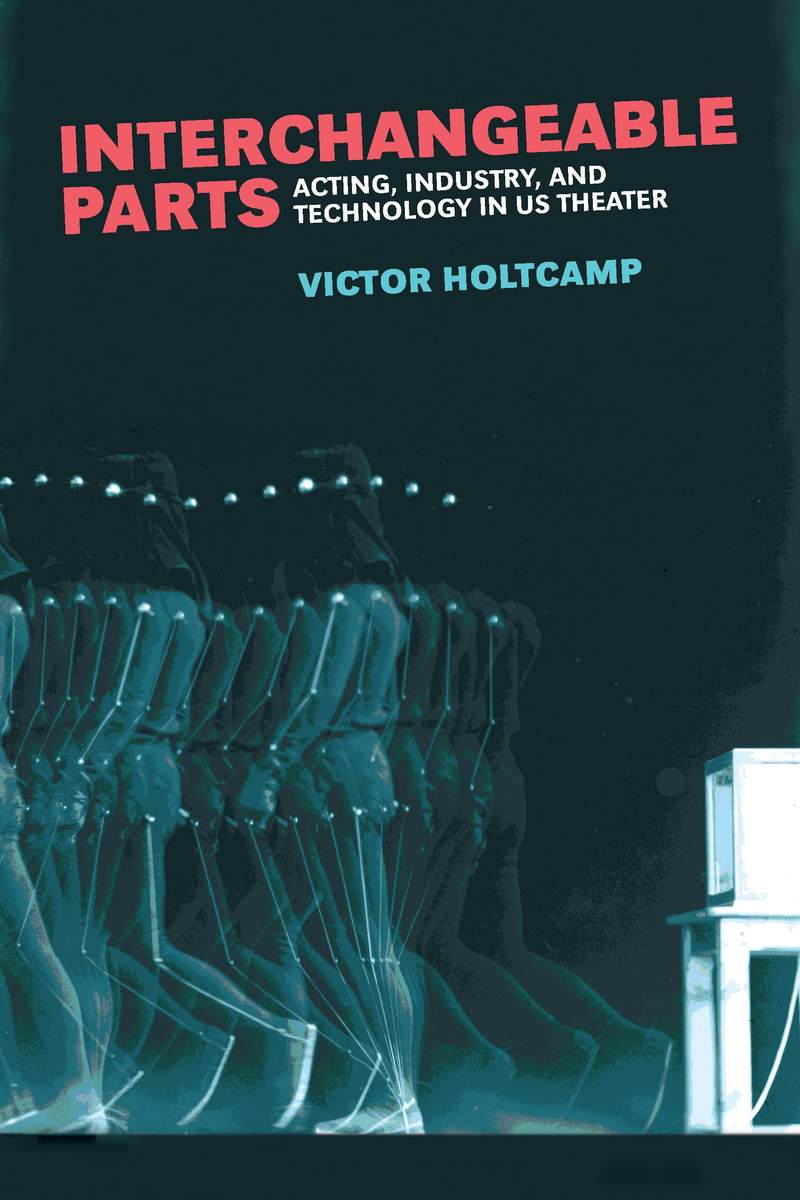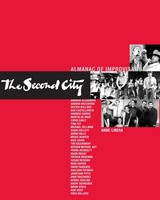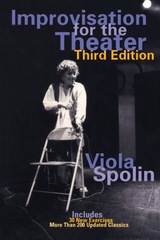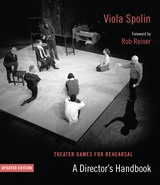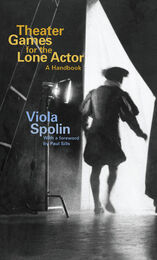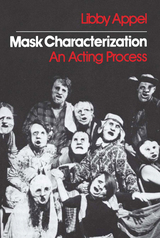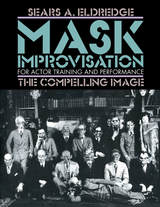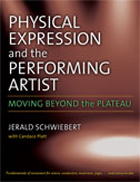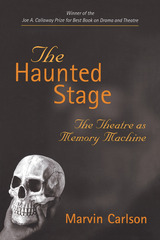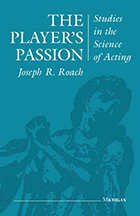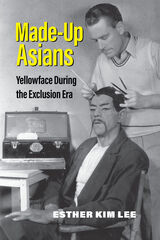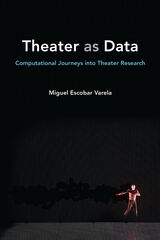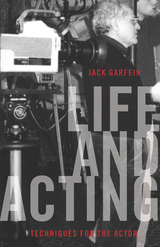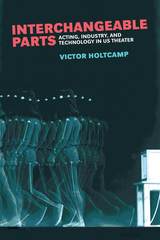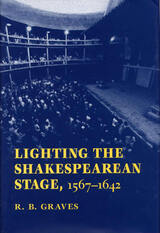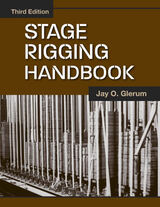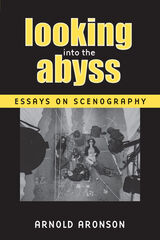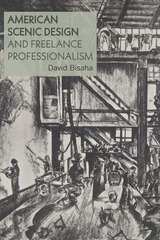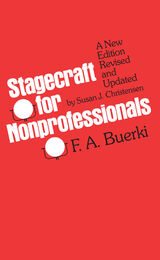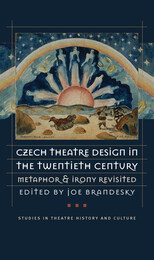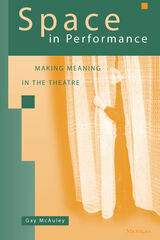Interchangeable Parts: Acting, Industry, and Technology in US Theater
University of Michigan Press, 2019
Cloth: 978-0-472-13146-4 | eISBN: 978-0-472-12576-0
Library of Congress Classification PN2078.U6H65 2019
Dewey Decimal Classification 792.02807073
Cloth: 978-0-472-13146-4 | eISBN: 978-0-472-12576-0
Library of Congress Classification PN2078.U6H65 2019
Dewey Decimal Classification 792.02807073
ABOUT THIS BOOK | AUTHOR BIOGRAPHY | REVIEWS | TOC | REQUEST ACCESSIBLE FILE
ABOUT THIS BOOK
While Hollywood has long been called “The Dream Factory,” and theatrical entertainment more broadly has been called “The Industry,” the significance of these names has rarely been explored. There are in fact striking overlaps between industrial rhetoric and practice and the development of theatrical and cinematic techniques for rehearsal and performance. Interchangeable Parts examines the history of acting pedagogy and performance practice in the United States, and their debts to industrial organization and philosophy. Ranging from the late nineteenth century through the end of the twentieth, the book recontextualizes the history of theatrical technique in light of the embrace of industrialization in US culture and society.
Victor Holtcamp explores the invocations of scientific and industrial rhetoric and philosophy in the founding of the first schools of acting, and echoes of that rhetoric in playwriting, production, and the cinema, as Hollywood in particular embraced this industrially infected model of acting. In their divergent approaches to performance, the major US acting teachers (Lee Strasberg, Stella Adler, and Sanford Meisner) demonstrated strong rhetorical affinities for the language of industry, illustrating the pervasive presence of these industrial roots. The book narrates the story of how actors learned to learn to act, and what that process, for both stage and screen, owed to the interchangeable parts and mass production revolutions.
Victor Holtcamp explores the invocations of scientific and industrial rhetoric and philosophy in the founding of the first schools of acting, and echoes of that rhetoric in playwriting, production, and the cinema, as Hollywood in particular embraced this industrially infected model of acting. In their divergent approaches to performance, the major US acting teachers (Lee Strasberg, Stella Adler, and Sanford Meisner) demonstrated strong rhetorical affinities for the language of industry, illustrating the pervasive presence of these industrial roots. The book narrates the story of how actors learned to learn to act, and what that process, for both stage and screen, owed to the interchangeable parts and mass production revolutions.
See other books on: Acting | Acting & Auditioning | Direction & Production | Holtcamp, Victor | Industry
See other titles from University of Michigan Press
